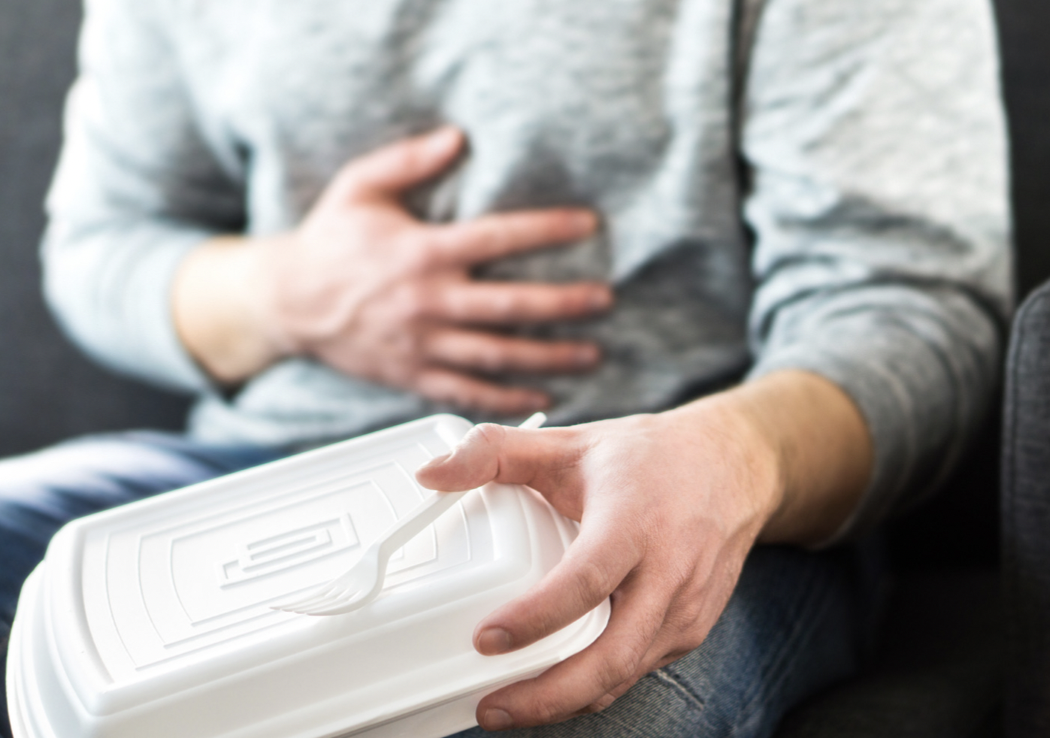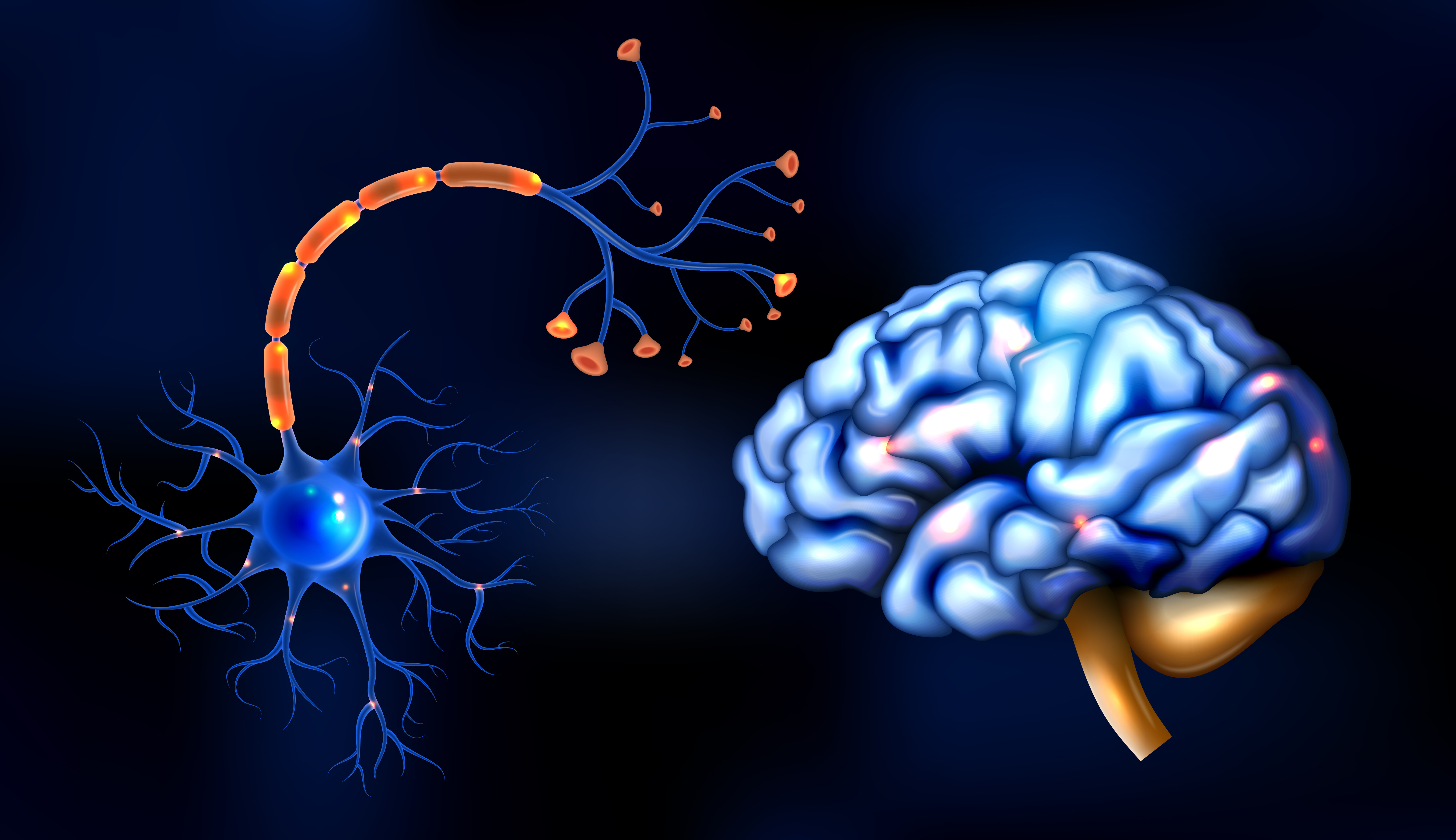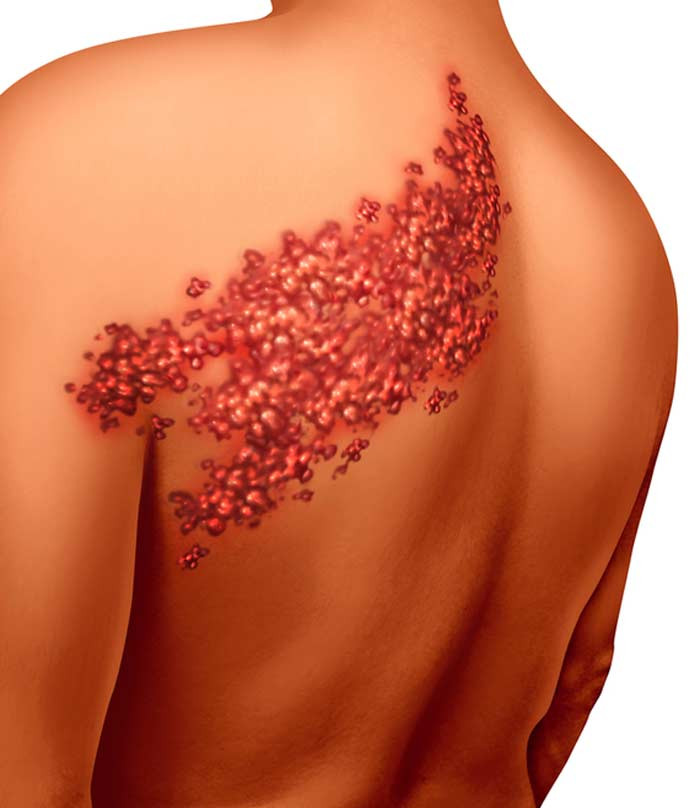Definisi
Botulisme merupakan penyakit langka, namun cukup serius yang disebabkan oleh racun yang menyerang saraf dan dapat menyebabkan kesulitan bernapas, kelumpuhan otot, bahkan kematian. Toksin atau racun ini didapat dari bakteri Clostridium botulinum dan terkadang Clostridium butyricum, serta bakteri Clostridium baratii. Bakteri ini dapat menghasilkan toksin atau racun dalam makanan yang tidak dikelola dengan baik, luka yang terinfeksi, dan pada pencernaan bayi. Bakteri yang menghasilkan racun botulinum dapat ditemukan secara alami di banyak tempat, tetapi jarang membuat orang sakit. Racun tersebut dibentuk dalam lingkungan yang rendah kadar oksigen. Gejala biasanya muncul dalam waktu 12 hingga 36 jam setelah paparan dari toksin atau racun yang diproduksi bakteri.
Penyebab
Penyebab botulisme antara lain :
- Botulisme dari makanan. Bakteri penyebab botulisme tumbuh pada makanan yang tidak dikelola dengan baik, terutama makanan yang diproduksi di dalam rumah. Salah satu contoh pengelolaan yang tidak baik dan dapat menyebabkan bakteri ini tumbuh adalah makanan yang tidak diawetkan, disimpan di dalam kaleng atau makanan fermentasi. Ketika tubuh terpapar racun, hal tersebut dapat menyebabkan gangguan fungsi saraf hingga kelumpuhan.
- Botulisme bayi. Terjadi ketika spora dari bakteri penyebab Botulisme masuk ke dalam pencernaan bayi. Spora kemudian tubuh dan berkembang biak di usus menghasilkan racun. Sumber infeksi bisa didapat akibat terpapar tanah yang terkontaminasi dari racun bakteri.
- Botulisme yang disebabkan oleh luka. Ketika bakteri C.botulinum masuk ke dalam tubuh melalui luka terbuka akibat cedera yang mungkin tidak Anda sadari. Bakteri dapat berkembang dan menghasilkan racun. Salah satu contohnya adalah luka akibat kecelakaan lalu lintas atau tindakan operasi.
Faktor Risiko
Walaupun termasuk penyakit yang langka, beberapa kegiatan yang dapat menyebabkan seseorang lebih rentan terkena botulisme adalah:
- Penggunaan obat-obatan terlarang seperti heroin tar hitam.
- Mengonsumsi alkohol yang dibuat sendiri.
- Mengonsumsi makanan yang diproduksi atau difermentasi sendiri.
- Penggunaan injeksi botulinum toxin untuk kepentingan kosmetik atau pengobatan medis. Kegiatan ini dapat menimbulkan botulisme jika diberikan dalam dosis yang besar.
Gejala
Botulisme adalah suatu kegawatdaruratan, apapun penyebabnya. Jika Anda memiliki salah satu dari gejala dibawah ini segera menuju ke fasilitas kesehatan terdekat untuk mendapatkan pertolongan pertama:
- Kesulitan untuk menelan
- Kelemahan pada otot
- Gangguan dalam melihat, seperti pandangan ganda atau pandangan kabur
- Kelopak mata yang tidak dapat dibuka
- Bicara pelo
- Kesulitan dalam bernafas
- Kesulitan menggerakkan mata
Gejala lain yang dapat terjadi akibat botulisme dari makanan adalah :
- Mual
- Muntah
- Nyeri perut
- Diare
Pada bayi, gejala botulisme meliputi:
- Sembelit
- Nafsu makan yang menurun
- Kelopak mata yang tidak dapat dibuka
- Refleks pupil (bagian hitam di tengah bola mata) terhadap cahaya menurun
- Kurang menunjukkan ekspresi wajah
- Tangisan yang terdengar lebih lemah dari biasanya
- Kesulitan bernafas
Semua gejala diatas dapat terjadi dalam waktu bersamaan. Jika keluhan ini tidak diatasi, keluhan dapat meluas ke seluruh tubuh.
Diagnosis
Gejala yang dialami dapat memiliki kemiripan dengan penyakit lain. Oleh karena itu, dokter dapat melakukan beberapa pemeriksaan untuk memastikan penyebab dari gejala yang Anda rasakan seperti:
- Pemeriksaan otak seperti menggunakan CT-scan atau MRI
- Pemeriksaan cairan di sumsum tulang belakang
- Pemeriksaan konduksi serabut saraf
- Pemeriksaan tensilon untuk menyingkirkan diagnosa Myasthenia Gravis
Setelah dilakukan pemeriksaan menyeluruh dari pemeriksaan fisik hingga pemeriksan tambahan, selanjutnya dilakukan tes laboratorium untuk memastikan adanya bakteri Clostridium sp. Sampel akan diambil dari feses, urin atau darah pasien kemudian akan dilakukan kultur untuk menumbuhkan bakteri.
Tata Laksana
Dokter akan menyarankan Anda atau orang terdekat Anda yang mengalami botulisme untuk dirawat di rumah sakit, di mana ada beberapa perawatan yang akan dilakukan, tergantung penyebabnya. Pengobatan yang dapat dilakukan meliputi :
- Antitoksin. Merupakan pengobatan utama pada botulisme yang berfungsi menetralisir racun di dalam darah. Pengobatan ini dapat membantu mencegah terjadinya gejala yang lebih buruk.
- Antibiotik. Obat ini dapat diberikan terutama pada botulisme akibat luka.
- Alat bantu pernapasan. Jika botulisme sudah memengaruhi otot-otot pernapasan, mungkin dokter akan memberikan alat bantu napas berupa mesin (ventilator) untuk membantu Anda bernapas. Alat bantu napas mungkin diperlukan sampai berbulan-bulan jika penyakitnya parah.
- Terapi. Anda mungkin membutuhkan terapi untuk membantu memperbaiki dalam berbicara, menelan, dan fungsi tubuh lainnya.
- Pada pasien yang masih memiliki pergerakan usus, akan diberikan enema untuk mengeluarkan racun yang masih tersisa dan belum diserap tubuh.
- Jika pasien tidak memiliki pergerakan usus, maka pemberian makanan akan menggunakan nasogastric tube (selang untuk makan yang dimasukkan lewat hidung dan berakhir di lambung).
- Jika terdapat inkontinensia urin atau tidak dapat menahan kencing maka pasien diberikan kateter urin. Kateter urin adalah selang yang dimasukkan hingga ke kandung kemih untuk menampung urin/air seni.
Komplikasi
Karena memengaruhi kontrol otot di seluruh tubuh, racun botulinum dapat menyebabkan berbagai komplikasi. Komplikasi yang berbahaya adalah kesulitan bernapas yang dapat mengakibatkan kematian. Komplikasi lain yang mungkin membutuhkan rehabilitasi, antara lain :
- Kesulitan berbicara
- Kesulitan menelan
- Kelemahan dalam jangka waktu yang lama
- Sesak napas atau napas pendek
Pencegahan
- Lakukan teknik pengalengan dengan tepat. Pastikan untuk menggunakan teknik yang tepat saat melakukan proses pengalengan makanan di rumah. Pastikan kuman botulisme sudah mati. Masak makanan pada suhu 250F (121C) selama 20 hingga 100 menit tergantung jenis makanannya. Pertimbangkan untuk merebus makanan selama 10 menit sebelum menyajikannya.
- Menyiapkan dan menyimpan makanan dengan aman. Jangan makan makanan yang diawetkan jika wadahnya menggembung atau jika makanan berbau tidak sedap. Namun, rasa dan bau tidak selalu menandakan adanya C.botulinum. Beberapa jenis bakteri tidak menyebabkan makanan berbau atau memiliki rasa yang aneh. Sebelum memanggang pastikan Anda membungkus kentang dengan alumunium foil, dan segera makan saat sedang panas, simpan kentang di lemari pendingin.
- Pada botulisme bayi. Untuk mengurangi risiko botulisme pada bayi, hindari memberikan madu bahkan dalam jumlah yang kecil pada anak-anak usia dibawah 1 tahun.
- Botulisme akibat luka dapat dicegah dengan merawat luka dengan baik. Pastikan alat untuk membersihkan luka adalah alat yang steril.
Kapan Harus ke Dokter?
Semua jenis botulisme merupakan suatu kegawatdaruratan. Jika Anda atau orang terdekat Anda memiliki salah satu gejala botulisme, segera bawa ke rumah sakit atau fasilitas kesehatan terdekat. Penanganan yang cepat dan sedini mungkin dapat mencegah terjadinya komplikasi serius seperti gagal napas yang dapat menyebabkan kematian.
Mau tahu informasi seputar penyakit lainnya? Cek di sini, ya!
- dr Nadia Opmalina
-
Botulism | Botulism | CDC. Cdc.gov. (2021).
-
Botulism - Symptoms and causes. Mayo Clinic. (2021).
-
Botulism. Who.int. (2021).
-
Botulism. nhs.uk. (2021).
-
Moawad, H. (2021). What to Expect From a Tensilon Test. Verywell Health.
-
Tack, K. (2021). Botulism Treatment & Management: Medical Care, Surgical Care, Consultations. Emedicine.medscape.com.
-
Jeffery, I., & Karim, S. (2021). Botulism. Ncbi.nlm.nih.gov.
-
Tack, K., & Barlett, J. (2021). What are the possible complications of botulism?. Medscape.com.












